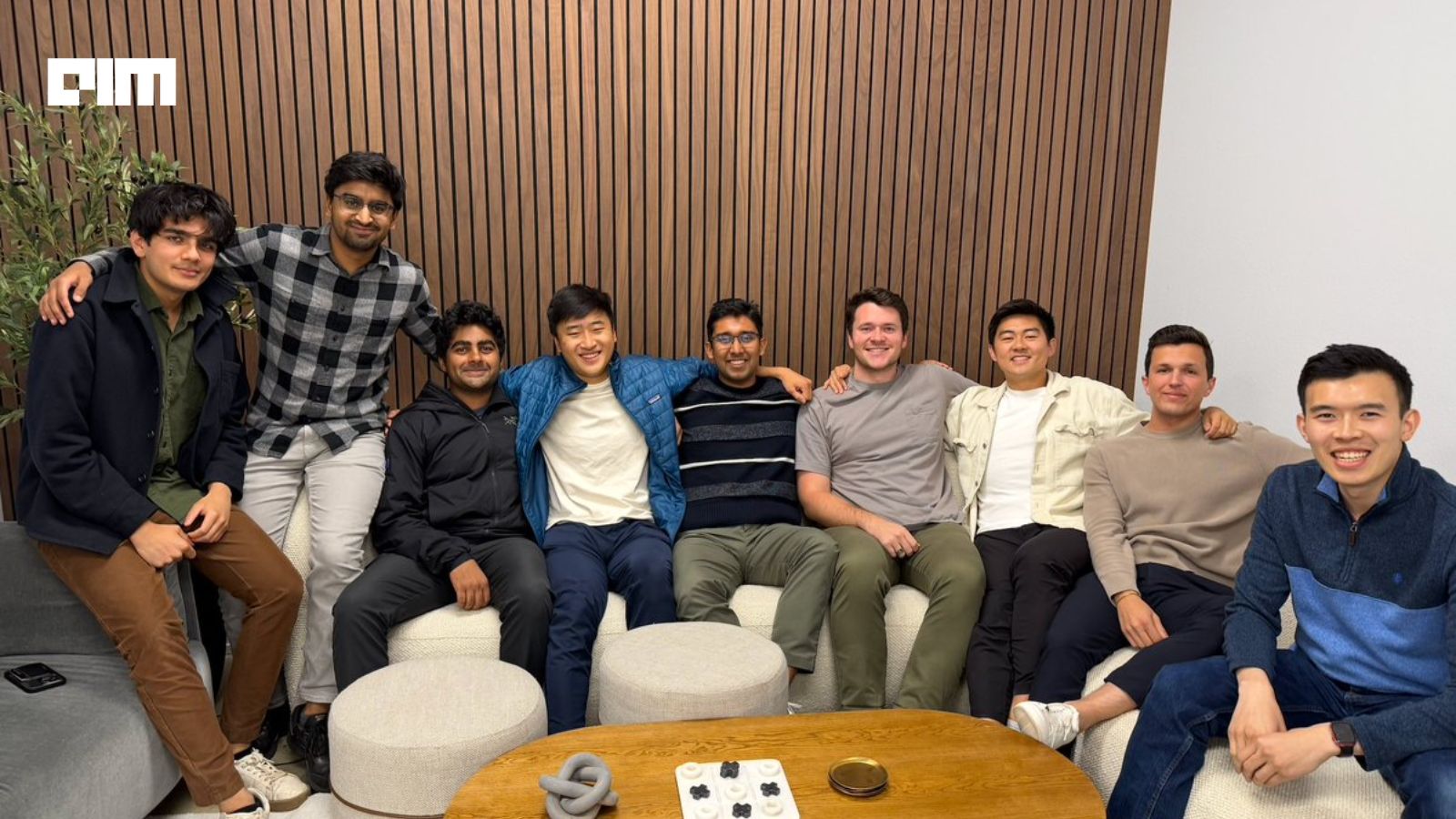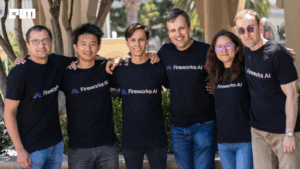Applied Compute, a company founded by former OpenAI researchers, has exited stealth with $80 million in funding and a clear mission: to build what it calls “Specific Intelligence” for enterprises. The funding round, backed by Benchmark, Sequoia, Lux, Hanabi, Neo, Elad Gil, Victor Lazarte, Omri Casspi, and others, values the company at close to $700 million, according to people familiar with the deal.
The company’s thesis is that while general-purpose models such as GPT-4 have proven highly capable, they create generalist agents that are useful but lack a competitive edge. Applied Compute argues that the next phase of AI adoption will be defined by agents designed for a specific company, trained on its own data, and fine-tuned for its workflows.
“We build Specific Intelligence,” the company said in its announcement. “That means unlocking a company’s latent knowledge, training custom models, and deploying in-house agent workforces that are owned and directed by the enterprise itself.”
These agents are not off-the-shelf tools. Instead, they are trained on the unique data and operational context of a business, continuously learn from interaction, and operate as part of a company’s internal workforce.
Early Customers
Applied Compute has already signed on Cognition, DoorDash, and Mercor as early customers. With them, the company says it has demonstrated the ability to build and validate agents in days rather than months, and achieve state-of-the-art results on customer evaluations.
For Cognition, the startup behind Devin, an AI software engineer, the partnership is for the demand even among leading AI developers for domain-specific, in-house systems. DoorDash, with its logistics-heavy operations, and Mercor, with its talent marketplace model, represent companies looking to embed AI more deeply into their operational workflows.
Applied Compute was founded by Yash Patil, Rhythm Garg, and Linden Li, each of whom worked on critical research efforts at OpenAI. Patil contributed to Codex, OpenAI’s agentic software engineer project; Garg helped develop the first reasoning model trained with reinforcement learning; and Li focused on infrastructure and ML systems for reinforcement learning training.
According to the company, two-thirds of its employees are former founders, and the group includes top AI researchers and Math Olympiad winners. This density of experience, the founders argue, enables rapid iteration and low latency in building new systems.
Building In-House, Not Outsourcing
A defining feature of Applied Compute’s strategy is its refusal to rely on third-party tools or outside vendors. The company’s engineers embed directly with customer teams, and its training stack, agent platform, and development tools are all built internally. This integrated approach, it says, allows for faster deployment and more specialized outcomes.
With $80 million in new capital, Applied Compute plans to grow its team, scale deployments with customers, and expand its in-house agent platform. The company frames this as the first generation of enterprise agent workforces which are specialized AI systems designed not as external services but as embedded, proprietary capabilities.










